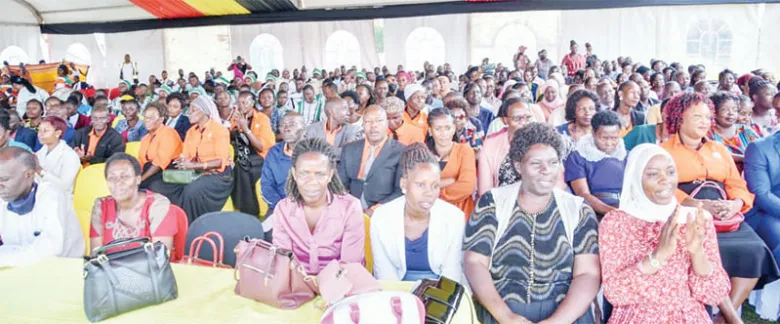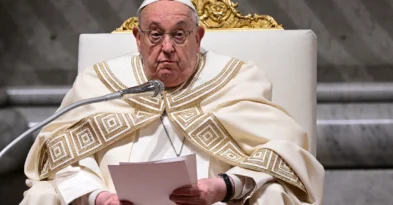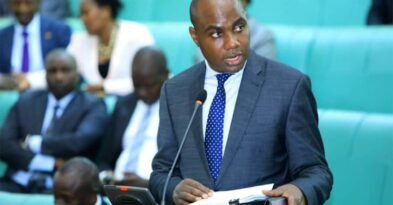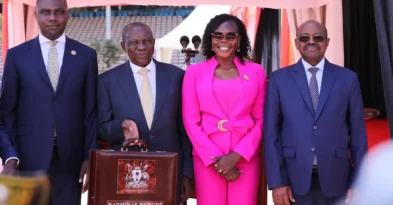Secondary school teachers of Arts subjects in Masaka and several other districts are protesting what they describe as unfair and discriminatory salary structures that favor their science-teaching counterparts. The teachers are demanding salary increments to match those received by science teachers, citing demoralisation and growing inequality within the education sector.
In recent years, Uganda has made strategic investments to boost science education, including significant salary increments for science teachers. In 2022, the government increased salaries for science teachers in secondary schools-tripling and in some cases quadrupling their monthly pay. A diploma-holding science teacher saw their salary rise from UGX 900,000 to UGX 3 million, while degree holders’ pay jumped from UGX 1.2 million to UGX 4 million.
However, the move has left Arts teachers behind. Currently, Arts head teachers earn around UGX 2.3 million, deputy head teachers receive UGX 1.6 million, graduate teachers about UGX 1 million, and diploma holders just UGX 700,000 per month.
Teachers say the pay gap is not only demotivating but also undermines their contribution to the education system.
The protests have gained momentum across districts, with some teachers staging sit-down strikes while others are wearing black ribbons as a sign of silent resistance. They argue that the current policy has fostered division within school staffrooms and is affecting classroom morale.
Education experts warn that the inequality could have long-term consequences on student performance and subject selection, especially in the Humanities.
The Ministry of Education has previously defended the salary increments, citing the need to improve performance in science subjects and address Uganda’s low rankings in STEM (Science, Technology, Engineering, and Mathematics). But Arts teachers say this rationale does not justify the exclusion and urge the government to adopt a more balanced approach.
As the protests continue, unions and advocacy groups are calling for immediate dialogue between the government and affected teachers to address the disparity.
For now, teachers in Masaka and beyond say they will continue their peaceful protest until their voices are heard.
# # #
;










